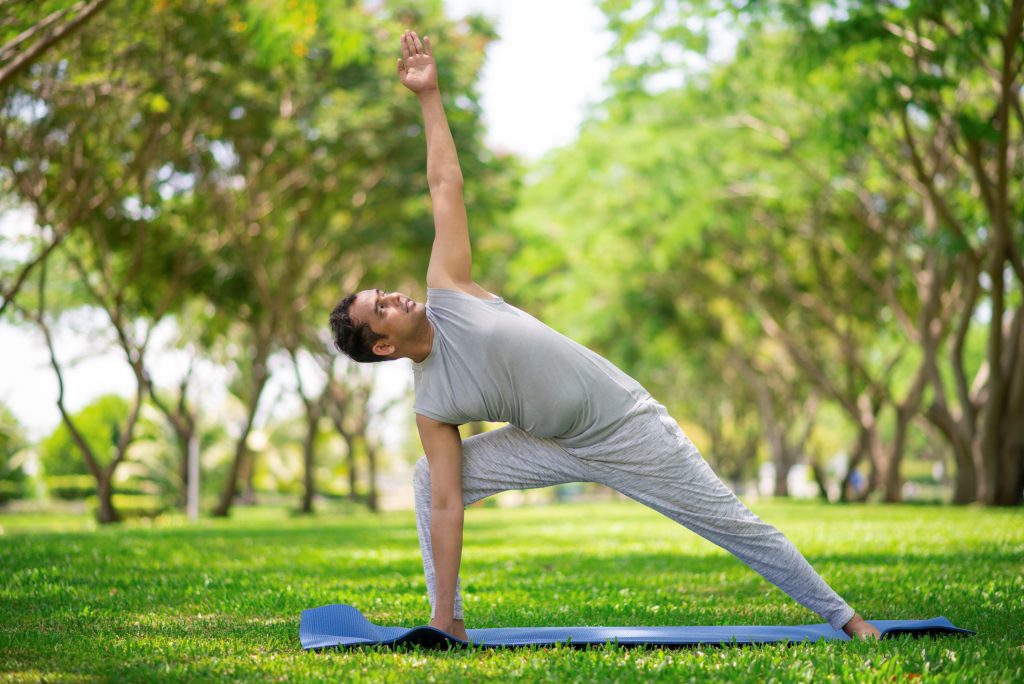Some good habits to keep Lungs healthy
Quit Smoking: This is the most important step towards healthy lungs, no matter how old your smoking habit might be. Don’t Vape: There is no safe way to use tobacco;…
By Aadicura | 04 January 2024Some good habits to keep Lungs healthy:
- Quit Smoking: This is the most important step towards healthy lungs, no matter how old your smoking habit might be.
- Don’t Vape: There is no safe way to use tobacco; this includes e-cigarettes and vapes. While e-cigarettes are often viewed as a safer alternative to smoking, there is growing research associating vaping with lung injury and lung disease.
Tobacco in any form is addictive and it increases your risk for various health problems including heart disease.
Encourage those around you not to smoke
Second-hand smoke is just being deadly as smoking; it also increases a person’s risk for chronic health problems, including COPD and lung cancer.
- Breath clean air: When outside homes, at polluted or overcrowded areas a face mask can filter the air we breathe to some extent. At home, make sure your house is mold-free; dusted regularly with a vacuum cleaner; natural and fragrance-free products are used for cleansing and aerosol sprays should be avoided.
- Exercise: Exercise is not just for weight reduction. It makes respiratory (breathing) muscles stronger, thus resulting in improved blood circulation and hence toxins like carbon dioxide are removed more efficiently.

Breathing exercises for improved lung function: The three common breathing exercises include –
- Pursed lip breathing – Pursed lip breathing is a breathing exercise that helps you slow your breathing and inhale and exhale more air. You slowly inhale through your nose and gently exhale through pursed lips. Breathe in from your nose (for 4 – 5 seconds) but breathe out for double the time of inhalation (8 -10 seconds) through your pursed lips. Doing this for about 5 minutes daily is useful, especially for those who lead a sedentary life.
- Diaphragm breathing – Place your hand gently on your stomach, breathe in from your nose, and breathe out from your mouth. With each successive breath, increase your inhalation and exhalation span in such a way that you feel your stomach rising and emptying, respectively. Doing this for 5 to 10 minutes a day can increase the rate at which your lungs filter the air.
- Interval training – This involves exercising at a very high speed for 1 minute, then exercising more slowly for 2 minutes. This is recommended for those who suffer from shortness of breath while physical exertion.
- Detox for the lungs: Consuming freshly made ginger-honey-lemon tea, green tea, and turmeric water on a daily basis can help reduce congestion, detox the lungs, heal a sore throat, and boost immunity to keep respiratory infection germs at bay.
- Maintain good oral hygiene: Germ build-up in the mouth if neglected for a long time will not only lead to tooth decay but also oral bacteria entering the bloodstream. This can cause lung infections like pneumonia, bronchiectasis etc.
- Maintain good hygiene. Washing your hands regularly and for at least 20 seconds can help you to avoid infections. You can use hand sanitizer as a backup in situations where running water is not readily available. If you are sick or infection rates are high, staying socially distant or wearing a mask can help you avoid contracting or spreading an infection as well.
- Protect your lungs- get vaccinated: People with a lung diseases or other health conditions can be at a higher risk from lung infections. You can prevent some of these infections by getting vaccinated. Vaccines against influenza and pneumonia are recommended for people with respiratory conditions.
- Get annual check-ups including PFT. Visiting your healthcare provider regularly for a check-up helps prevent illness, so keep those medical appointments even when you are feeling well. This is especially true for lung disease, which sometimes goes undetected until it is advanced. PFT (Pulmonary Function Test) or Spirometry is very useful screening test to diagnose lung disease at earlier stage.
- Compliance with medications:Patients with lung diseases should not stop their regular medications without consulting a doctor.
- If you already have asthma, COPD, ILD (Pulmonary Fibrosis) or any other respiratory disorder, consult a Pulmonologist before incorporating the aforementioned habits.
Dr Hiren Parikh / Dr Hardik Shah
Pulmonologist
Aadicura Superspeciality Hospital
Appointment Number – 7405844161






